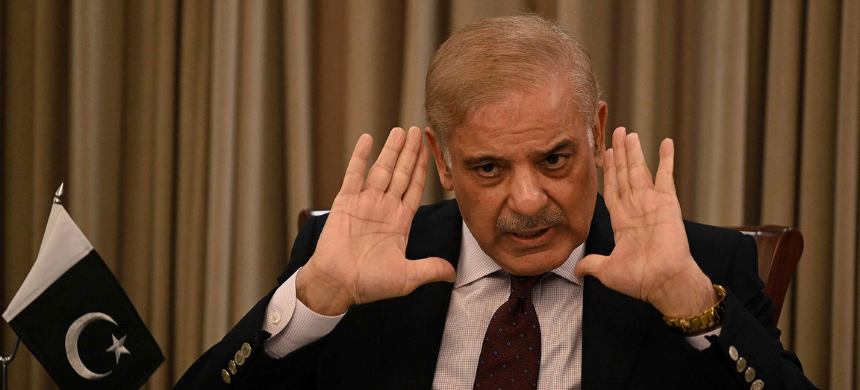Prime Minister Shehbaz Sharif Calls for High-Level NSC Meeting in Response to India’s Actions
Prime Minister Shehbaz Sharif has convened a high-level meeting of the National Security Committee (NSC) on Thursday morning in response to what officials describe as India’s “irresponsible actions” following the recent Pahalgam attack.
NSC Meeting to Address Rising Tensions with India
The meeting, which will be chaired by Prime Minister Shehbaz Sharif, is set to include top civil and military leadership. Key attendees will include senior cabinet members, the Chairman Joint Chiefs of Staff Committee, services chiefs, intelligence heads, and important federal ministers.
Read More: India’s Unilateral Suspension of the Indus Waters Treaty A Violation of International Law
Finance Minister Ishaq Dar confirmed the development on Wednesday evening, stating in a post on his X account: “Prime Minister Mohammad Shehbaz Sharif has convened the meeting of the National Security Committee on Thursday morning 24th April 2025 to respond to the Indian Government’s statement of this evening.”
Review of Security Situation and India’s Actions
The NSC meeting will review Pakistan’s internal and external security situation in light of what officials have termed a “false flag operation” in Pahalgam, located in India-held Kashmir. Pakistan has raised concerns regarding the timing and nature of the attack, suggesting it may have been orchestrated to escalate regional tensions.
Focus on Suspension of Indus Waters Treaty
A significant topic on the NSC agenda will be Pakistan’s official response to India’s recent suspension of the Indus Waters Treaty, a historic agreement that has withstood decades of conflict between the two countries. Pakistani officials have criticized India’s move as “hasty and unworkable”, warning that it could further destabilize an already fragile regional balance.
Evaluation of India’s Unilateral Decisions
In addition to the Indus Waters Treaty, the NSC will evaluate India’s unilateral decisions, including severe diplomatic and visa restrictions imposed on Pakistani nationals. These actions, coupled with the suspension of the treaty, have raised concerns over their broader implications on bilateral relations, regional cooperation, and water security.
Diplomatic and Strategic Discussions
During the meeting, diplomatic, legal, and strategic options will be discussed in detail as Pakistan seeks to address these escalating tensions and safeguard its national interests. The NSC will aim to formulate a comprehensive response to India’s provocative actions.











